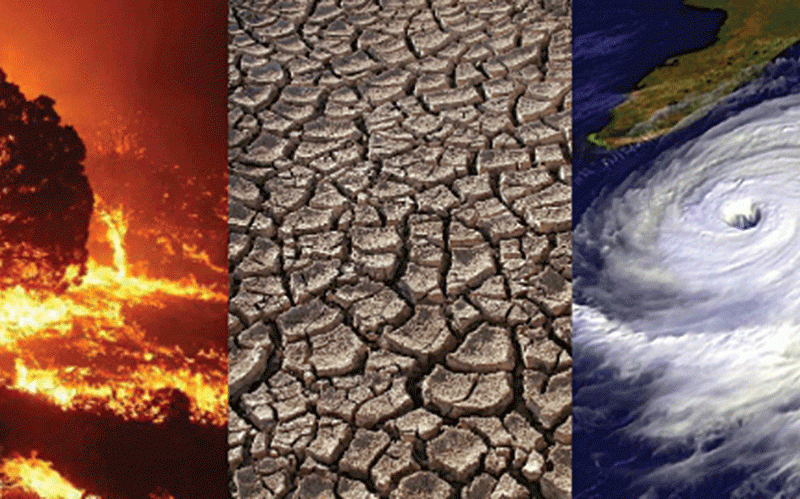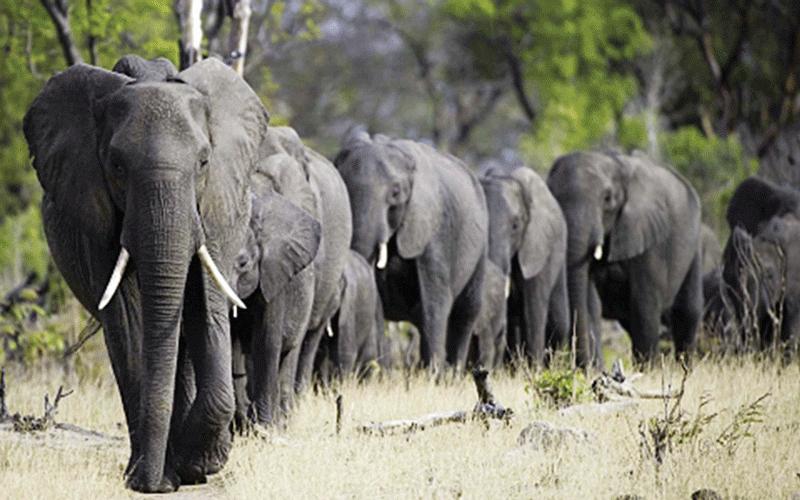
The world is at a critical juncture in its efforts to combat climate change.
The increasing frequency and severity of climate-related disasters, such as droughts, floods, and heatwaves, are having devastating impacts on communities and ecosystems around the world.
African countries, in particular, are bearing the brunt of climate change, despite contributing relatively little to global greenhouse gas emissions.
In recent years, African countries have become increasingly vocal in global climate negotiations, pushing for greater recognition of their needs and priorities.
This shift is driven by a growing recognition of the disproportionate impact of climate change on African countries and the need for climate action that is equitable and just.
African countries are advocating for increased climate finance, technology transfer, and capacity-building support to help them adapt to the impacts of climate change and transition to low-carbon economies.
Zimbabwe, like many other African countries, is committed to addressing climate change.
The country has ratified the Paris Agreement and submitted its nationally determined contribution (NDC) to reduce greenhouse gas emissions.
- Why are we still pitting jobs against public health?
- Jurgen Klopp: Liverpool manager signs new two-year contract extension at Anfield until 2026
- COP27: Zimbabwe’s opportunity to shine
- Shot in the arm for Chiredzi, Bikita communities
Keep Reading
Zimbabwe is also implementing policies and programs to promote sustainable development and reduce vulnerability to climate change.
For instance, the country is promoting sustainable agriculture practices, such as conservation agriculture and agroforestry, to enhance food security and reduce vulnerability to climate-related shocks.
Other African countries are also taking steps to address climate change.
Morocco, for example, has made significant investments in renewable energy, particularly solar power.
The country has set ambitious targets to increase its use of renewable energy and reduce its dependence on fossil fuels.
Kenya is also investing in renewable energy, particularly wind and solar power, and has implemented policies to promote sustainable agriculture and reduce deforestation.
South Africa has implemented a number of initiatives to reduce emissions and promote sustainable development, including a carbon tax and a green economy strategy.
To effectively address the challenges posed by climate change, African countries must work together to promote climate justice and equity in global climate negotiations.
This can be achieved by advocating for increased climate finance, technology transfer, and capacity-building support, as well as greater transparency and accountability in climate action.
African countries can also learn from each other's experiences and share best practices in addressing climate change.
One potential solution is for African countries to invest in renewable energy sources, such as solar and wind power, to reduce their dependence on fossil fuels and mitigate the impacts of climate change.
Another solution is for African countries to promote sustainable agriculture practices, such as conservation agriculture and agroforestry, to enhance food security and reduce vulnerability to climate-related shocks.
Additionally, African countries can access climate finance from international donors and development banks to support their efforts to reduce emissions and adapt to the impacts of climate change.
African countries have a critical role to play in global climate negotiations. By promoting climate justice and equity, African countries can help ensure that the needs and priorities of developing countries are taken into account.
Zimbabwe, like many other African countries, is committed to addressing climate change and promoting sustainable development.
By working together and sharing best practices, African countries can build resilience and promote sustainable development, while also contributing to global efforts to combat climate change.
The future of our planet depends on the actions we take today. Climate change is a global problem that requires a global solution.
African countries must be at the forefront of efforts to combat climate change, and their voices must be heard in global climate negotiations.
By working together, we can build a more sustainable and equitable future for all.
African countries are not just victims of climate change, but also key players in the global effort to combat it.
By taking action to reduce emissions and adapt to the impacts of climate change, African countries can help ensure a sustainable future for themselves and for the world.
As the world moves forward in its efforts to combat climate change, it is essential that African countries are actively engaged in the process.
Their participation is critical to ensuring that climate action is effective, equitable, and just.
Ultimately, the role of African countries in global climate negotiations is not just about advocating for their own interests, but also about promoting a more just and equitable world. By working together, we can create a future that is sustainable, equitable, and justice for all.









